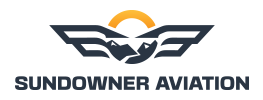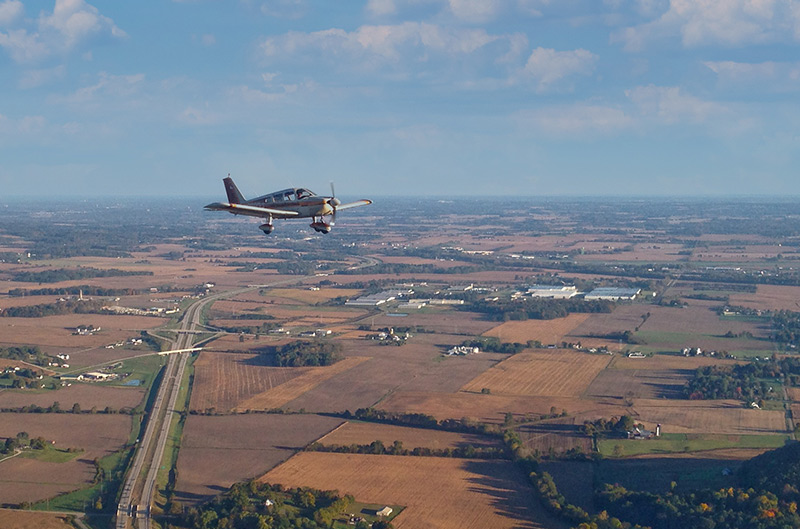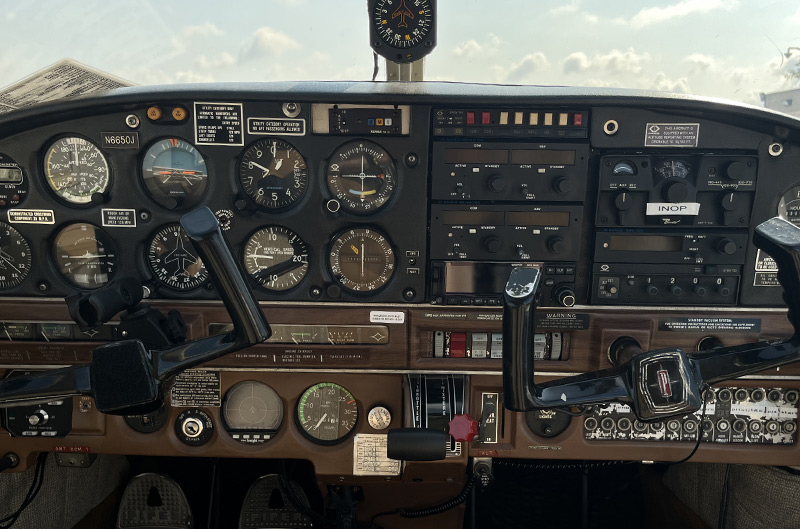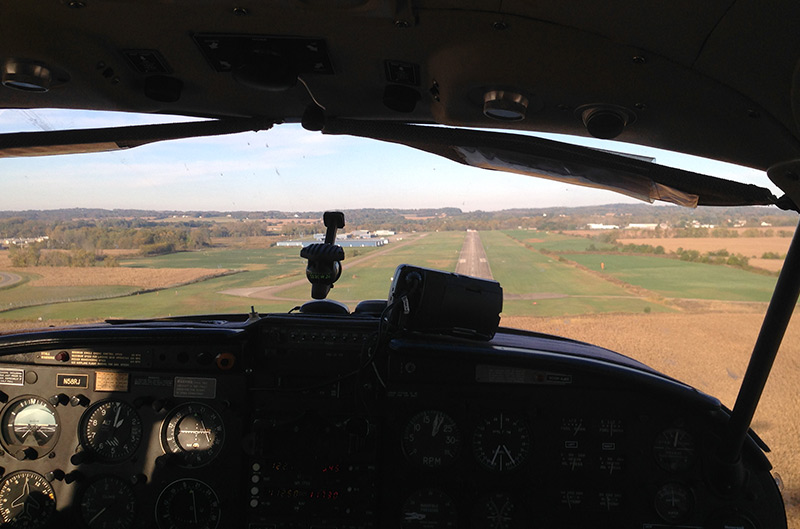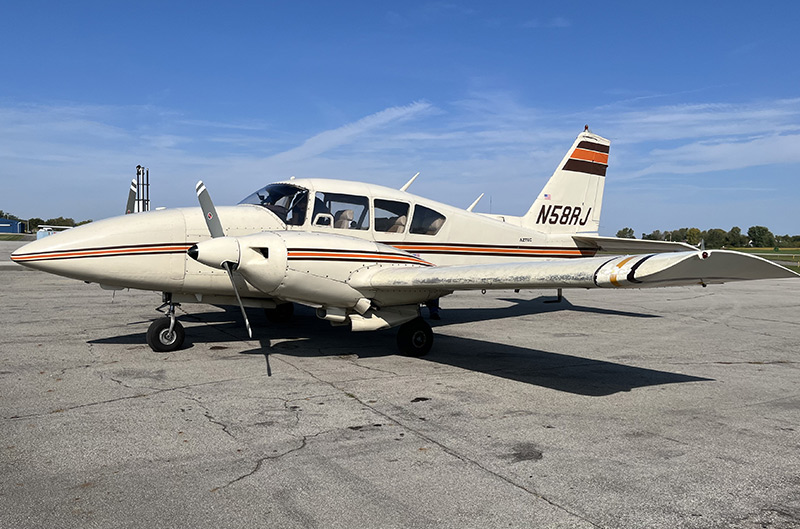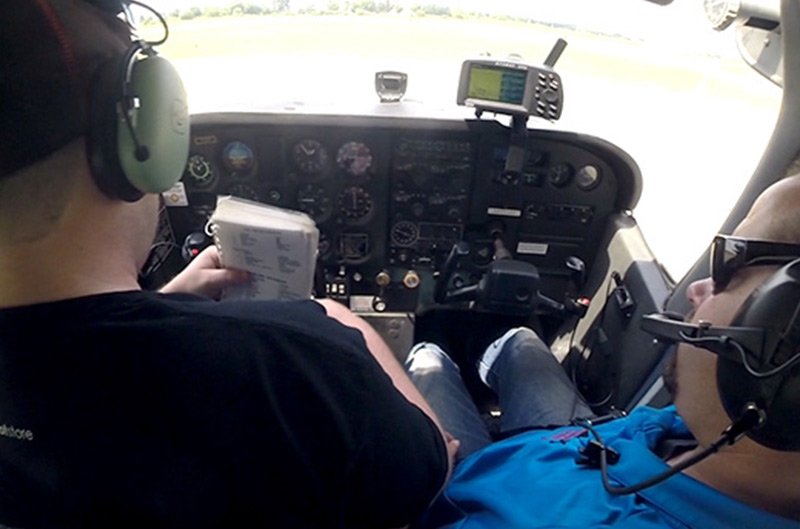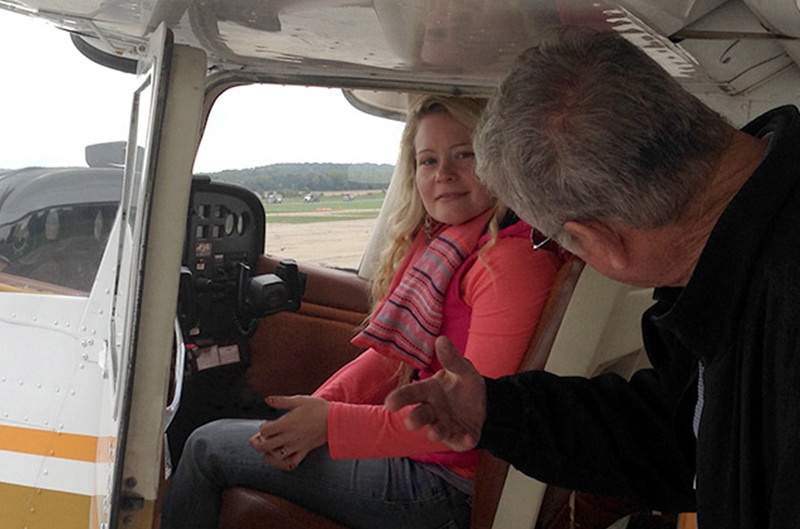Starting flight training is as easy as a phone call. Here is your opportunity to find out what flying is like and decide if Sundowner Aviation is where you want to complete flight training, it’s only natural to want to try it out first. You’re invited to experience your first instructional flight with Sundowner Aviation, have the opportunity to get in the cockpit, and start logging flight time.
Call us to schedule your Discovery Flight at 740-475-8188.
What Happens After the Discovery Flight?
Now that you have completed your Discovery Flight you will no doubt be eager to begin training. Our instructor can help set you up on our scheduling system so that you’re able to start working on your Private Pilot training.
How Does Flight Training at Sundowner Aviation Work?
Sundowner Aviation is a Part 61 flight school. Aviation news source Simple Flying explains it best:
“Part 61 is about flexibility and allows you much more control over your individual flight training experience. You’ll be working with an instructor who will custom design a course tailored to you. They’ll be in charge of which lessons you’re doing and which order based on your specific goals and needs. This allows for a lot more flexibility in your schedule and is perfect for someone trying to work a job or go to school and go through their flight training simultaneously.”
This means it’s up to the student and instructor to decide what your flight training looks like. You can work with your instructor to set goals to complete a certificate, whether it’s based on financial needs or time restrictions in your schedule. Our students enjoy a truly individualized approach to flying, with training taking place at their own pace.
